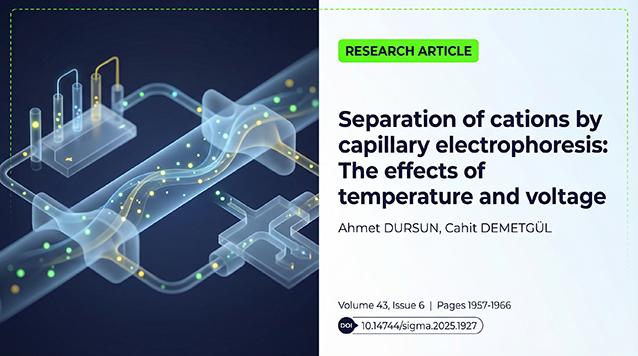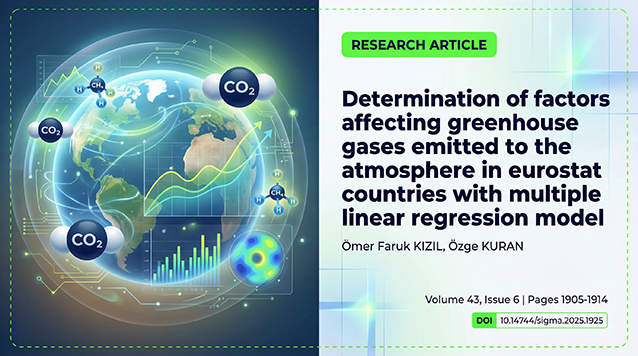Abstract
In this paper, response surface methodology (RSM) was employed in modelling and optimizing the adsorption characteristics of phenol unto ionic liquid-based hybrid clay (IL-C). The effect of adsorbent dosage, contact time, effluent temperature and effluent pH as independent variables were studied; while removal efficiency was considered as the response variable. Second-order polynomial regression model successfully elucidated the effect of the independent variables on the dephenolation process. A coefficient of determination (R2) value of 0.98, model F-value of 83.52, P-value (< 0.0001) and low value of the coefficient of variation (0.81%) corroborates the suitability of second-order polynomial regression model. Furthermore, the optimization result showed that the optimum operating conditions for realizing the maximum removal efficiency (91.67 %) were; 25 min, 40 0C, pH 6.6 and 1.5g adsorbent mass.
















